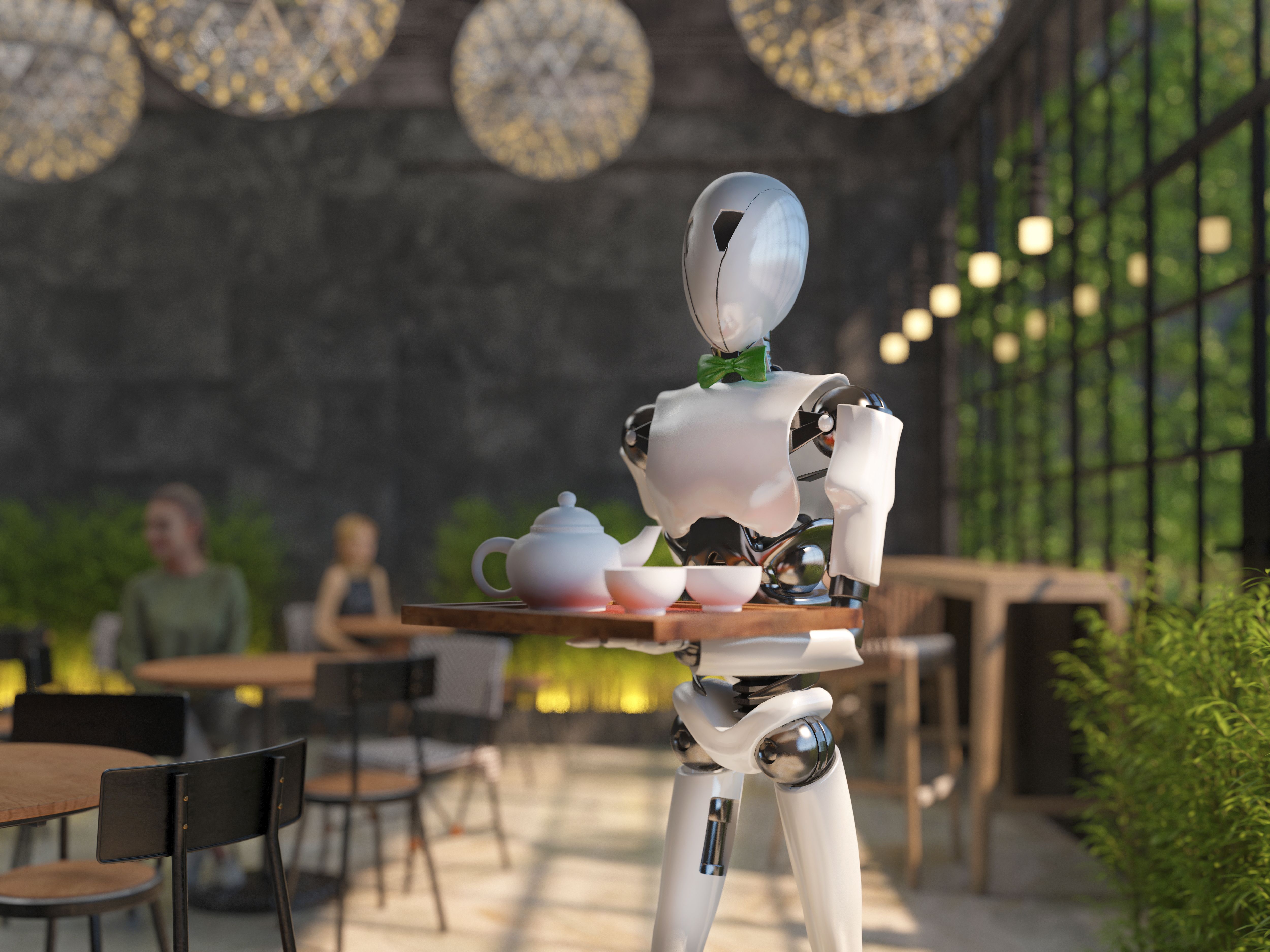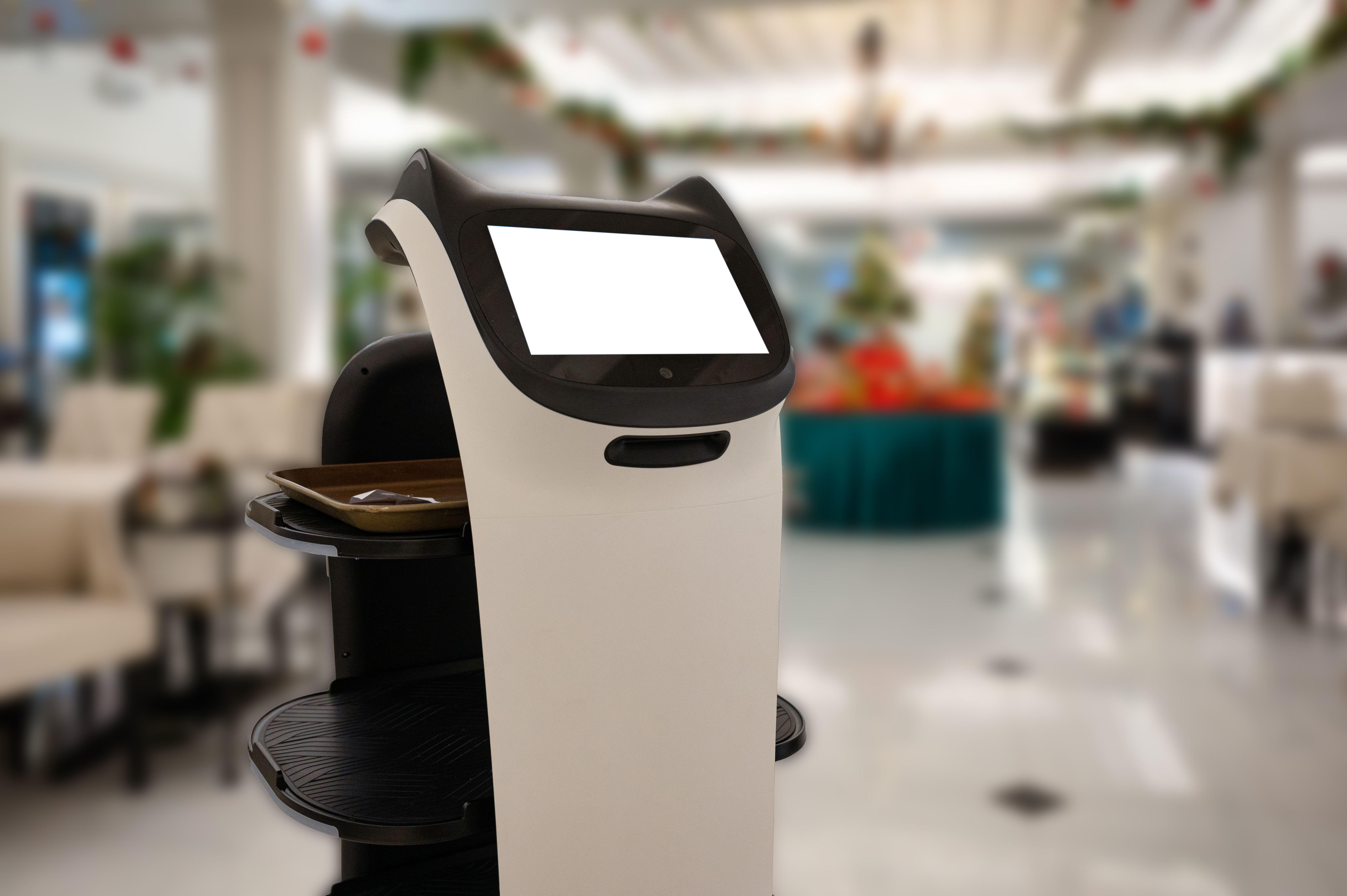Multi-Functional Food Delivery Robots
The Evolution of Food Delivery in Hospitality
In recent years, the hospitality industry has witnessed a remarkable transformation powered by technological advancements. One of the most exciting developments is the advent of **multi-functional food delivery robots**. These robots are not just a novelty; they are reshaping how hotels, restaurants, and other establishments serve their guests. From increasing efficiency to enhancing customer experiences, food delivery robots are revolutionizing the industry in numerous ways.
The integration of robotics in food delivery is driven by the need for improved efficiency and cost reduction. By automating mundane tasks, hospitality businesses can allocate more resources to personalized customer service and innovation. This shift is crucial as it allows staff to focus on enhancing guest experiences rather than being bogged down by repetitive tasks.
Enhancing Customer Experience
Food delivery robots are designed to enrich the customer experience by ensuring timely and accurate service. With their ability to navigate through crowded spaces and deliver orders without human intervention, these robots minimize wait times and reduce the potential for errors. This technological advancement delights guests who appreciate quick and seamless service, thus increasing overall satisfaction.
Moreover, these robots can be programmed to interact with customers in a friendly manner, adding a touch of novelty and fun to the dining experience. The integration of smart features, such as voice recognition and personalized greetings, further enhances the interaction between guests and technology, making their stay more memorable.

Operational Efficiency and Cost Reduction
Beyond improving customer experience, food delivery robots significantly boost operational efficiency. They work tirelessly without breaks, ensuring that service is consistent and reliable. This capability helps businesses manage peak hours more effectively and reduces the burden on human staff, leading to lower labor costs.
The initial investment in robotic technology is offset by the long-term savings in operational expenses. Since these robots require minimal maintenance and can operate around the clock, they present a cost-effective solution for many businesses aiming to optimize their service delivery models.

The Future of Hospitality
As the technology behind food delivery robots continues to advance, their capabilities are expected to expand even further. Future iterations may include enhanced AI for better interaction, advanced navigation systems for more complex environments, and increased capacity for handling larger volumes of orders.
The adoption of multi-functional food delivery robots is just one aspect of a broader trend toward automation in hospitality. As these technologies evolve, they will likely integrate with other innovations such as smart room services and AI-driven customer insights, creating an interconnected ecosystem that redefines the hospitality experience.
Challenges and Considerations
Despite their many benefits, implementing food delivery robots comes with its own set of challenges. Businesses must consider factors such as initial costs, integration with existing systems, and ensuring that their use aligns with brand values and customer expectations.
Additionally, there may be concerns regarding job displacement as robots take over certain tasks traditionally performed by humans. However, many industry experts argue that automation will create new roles focused on managing and maintaining this technology, ultimately leading to a more skilled workforce.
A Transformative Shift in Service Delivery
The rise of multi-functional food delivery robots marks a transformative shift in how hospitality services are delivered. As these robots become more commonplace, businesses that embrace this technology will likely find themselves at the forefront of innovation, poised to offer unparalleled service to their guests.
By leveraging the unique capabilities of these robots, the hospitality industry can not only meet but exceed the increasingly high expectations of modern consumers. As we look ahead, it is clear that food delivery robots are not just a temporary trend but a critical component of the future landscape of hospitality.
